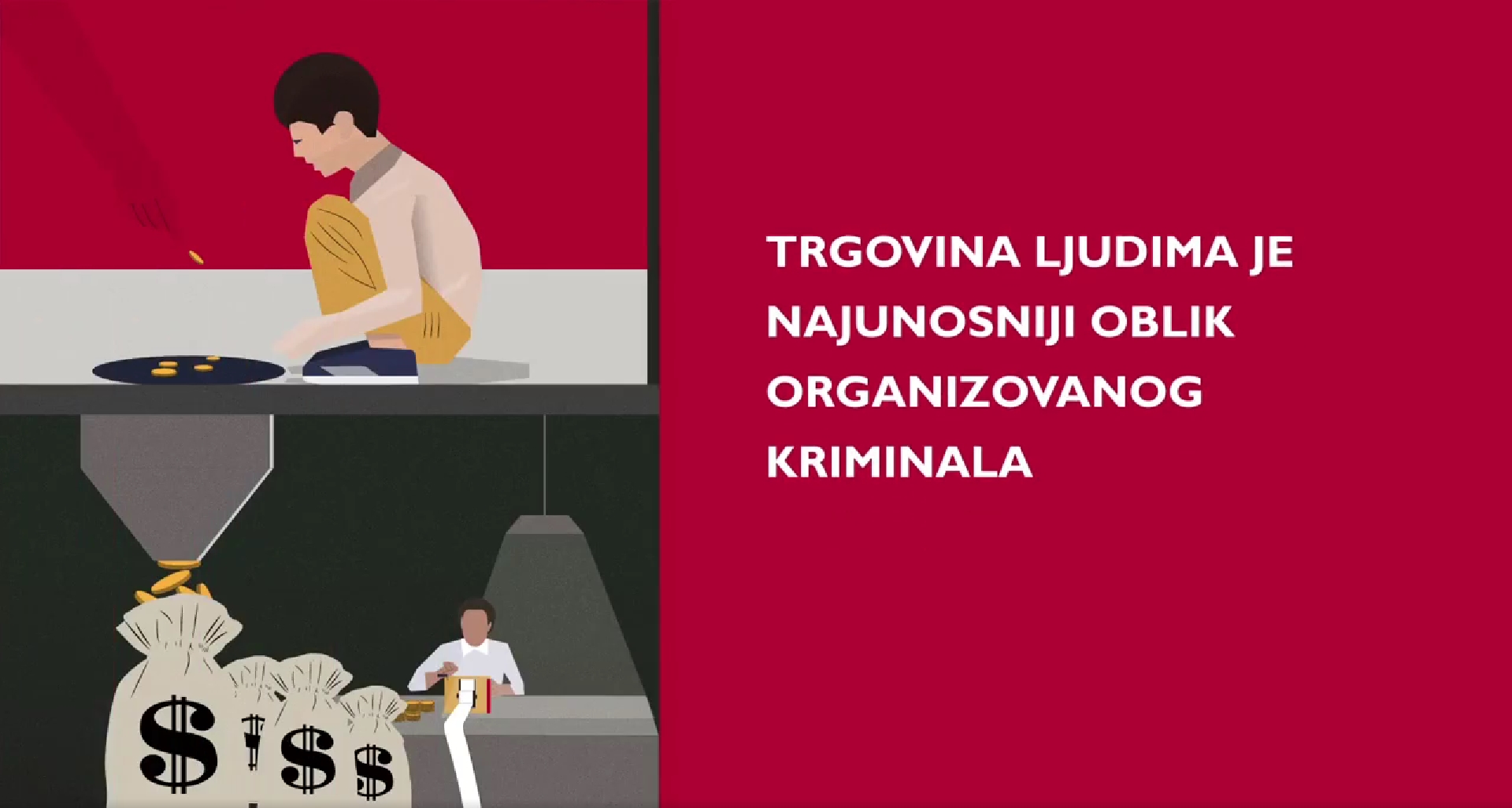Strengthening Judicial Capacity to Fight Human Trafficking in BiH
17.03.2021
Bosnia and Herzegovina

BiH judges and prosecutors learned about human, arms, and narcotics trafficking this week in the second of 33 planned trainings organized by USAID's Judiciary Against Corruption Activity.
Human trafficking is a growing global issue and the most lucrative form of organized crime, generating more than $ 150 billion annually on the black market. The most common form of human trafficking is sexual exploitation and forced labor in manufacturing, construction and mining. Women and girls are the most vulnerable group for forced prostitution, illegal work and begging, while migrants are increasingly targeted by this type of crime.
According to the 2020 U.S. State Department Trafficking in Person Report, Bosnia and Herzegovina is at risk of falling to the lowest group of countries (Tier 3) that do not meet minimum standards in making significant efforts to improve the situation but has an increasing number of victims. This poses a risk to USAID's ability to provide assistance to BiH.
Under the JACA mandate, a two-year Specialist Training Program for Judges was developed and included in the annual training programs of the judicial and prosecutorial training centers in BiH. The two-year program offers a course outline for basic and advanced trainings divided into two major modules, including substantive and procedural aspects of criminal law. Twenty-five judges applied and started their participation in these trainings.